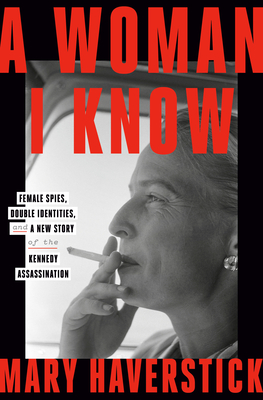
Ask Not: The Kennedys and the Women They Destroyed
Book Description
Behind the glitz of Camelot lies a darker story—one of ambition, betrayal, and shattered lives. "Ask Not: The Kennedys and the Women They Destroyed" unveils the hidden narratives of those ensnared by the legendary family’s charisma. With each page, secrets unravel, revealing the haunting impacts of power, desire, and the relentless pursuit of legacy. As the allure of the Kennedy name captivates a nation, the women caught in their orbit face devastating consequences. How far will the price of seduction and secrecy reach in a family that changed America forever?
Quick Book Summary
"Ask Not: The Kennedys and the Women They Destroyed" by Maureen Callahan lifts the glamorous veil from America's most storied political dynasty, revealing the deeply personal costs endured by women drawn into the Kennedy orbit. With riveting detail, Callahan sheds light on relationships shaped by power imbalances, ambition, and secrecy. The Kennedy family’s relentless pursuit of legacy often left emotional wreckage, as women—including lovers, wives, and confidantes—faced betrayal, marginalization, and sometimes tragedy. Through fresh research and humanizing narrative, the book uncovers the hidden stories of these women and exposes the enduring impact of the Kennedys’ mythmaking. Ultimately, it is a sobering exploration of how charisma and privilege can devastate those in their path, as well as a critique of the institutions that enabled such behavior.
Summary of Key Ideas
Table of Contents
Charisma and Power as Both Attraction and Destruction
Maureen Callahan begins by examining how the Kennedy family’s extraordinary charisma and political power not only captivated a nation but also ensnared many women. Whether through deliberate seduction or the gravitational pull of fame, women from all walks of life found themselves drawn into deeply unequal relationships. The Kennedys’ public image of charm and idealism masked an undercurrent of manipulation and entitlement that often had dire consequences for those closest to them.
The Cost of Ambition for Women in the Kennedy Orbit
As Callahan details, ambition played a pivotal role in shaping both the Kennedys’ public trajectory and their private relationships. The pursuit of political success and family legacy demanded sacrifices, frequently at the expense of women. The book explores the complex dynamics between personal aspiration and the roles these women were forced to play—whether that was as silent partners, scapegoats, or tragic figures—highlighting the emotional and psychological costs they bore.
Secrecy, Betrayal, and Institutional Complicity
A recurring theme is the culture of secrecy and betrayal fostered by the Kennedy family and the broader institutions that shielded them from accountability. From the concealment of affairs and scandals to the calculated silencing of victims, Callahan exposes how powerful allies in media, politics, and law enabled the Kennedys to maintain their pristine image while devastating the lives of those entangled with them. These betrayals were often orchestrated and meticulously maintained, leaving women isolated and voiceless.
Legacy, Mythmaking, and Public Perceptions
The mythmaking that surrounded the Kennedy legacy is critically evaluated, as Callahan contrasts the family’s carefully crafted public image with the often-disturbing realities behind closed doors. The Kennedy name became synonymous with American ambition and hope, yet this facade came at a tremendous cost to the women whose stories remained suppressed or distorted. This section of the narrative examines how public perceptions were shaped—and who benefitted from maintaining the legend.
Enduring Impact on Feminism and American Culture
In her final analysis, Callahan discusses the far-reaching consequences for both feminism and American cultural memory. By chronicling the suffering and resilience of these women, she spotlights enduring societal patterns around gender, power, and complicity. The book serves both as a feminist intervention—urging a reexamination of how history is told—and as a call for recognition and justice for those harmed. "Ask Not" invites readers to question the true cost of greatness and the overlooked voices in America’s collective story.
Download This Summary
Get a free PDF of this summary instantly — no email required.





